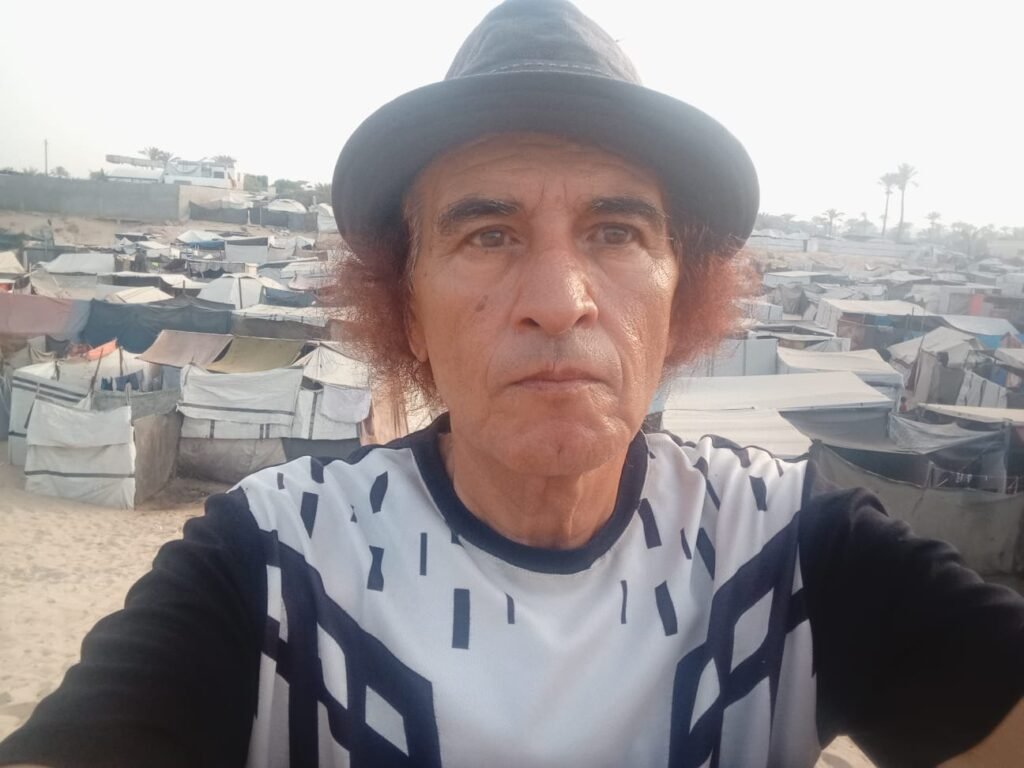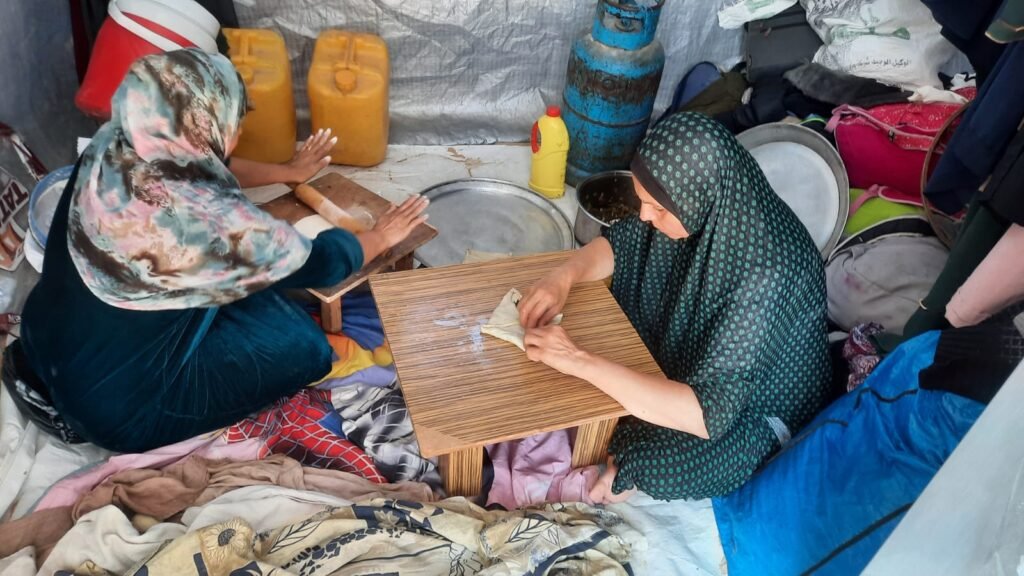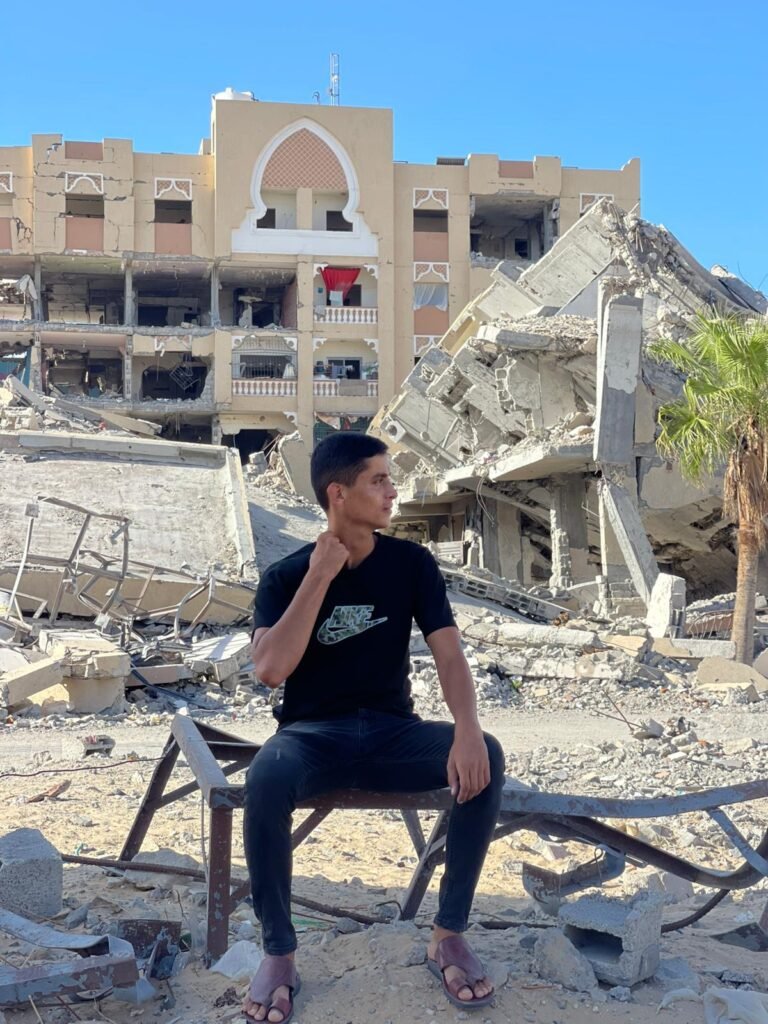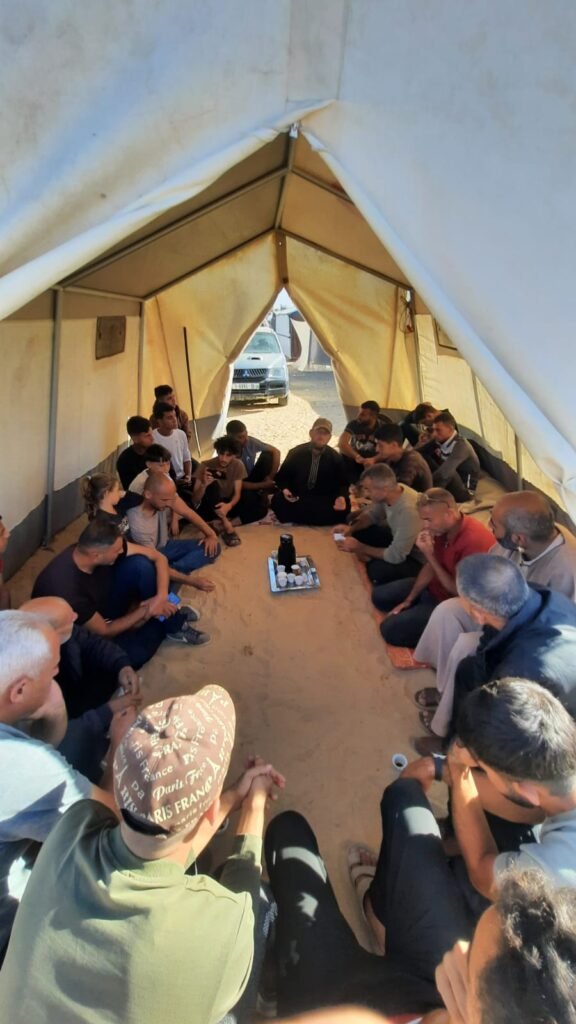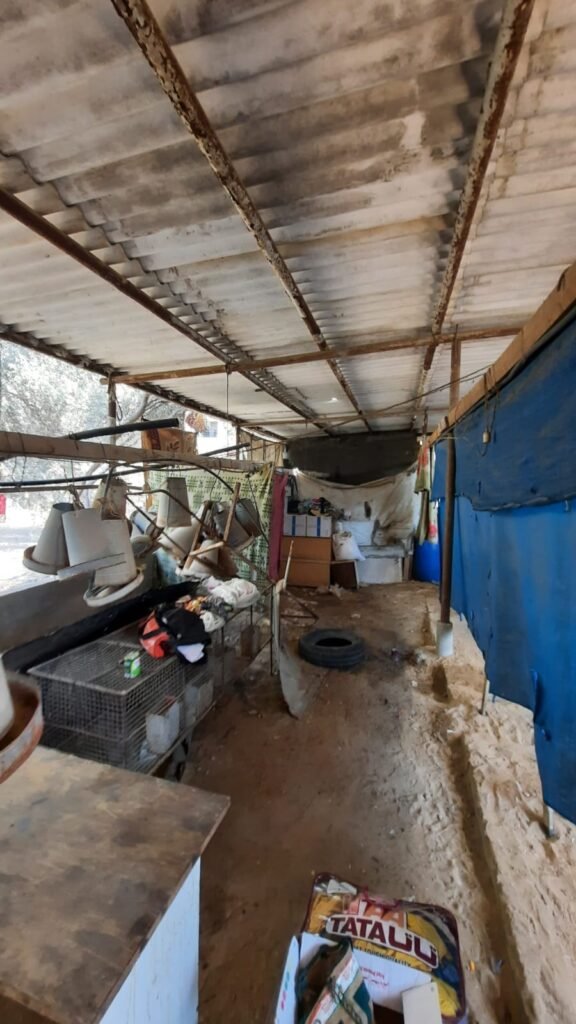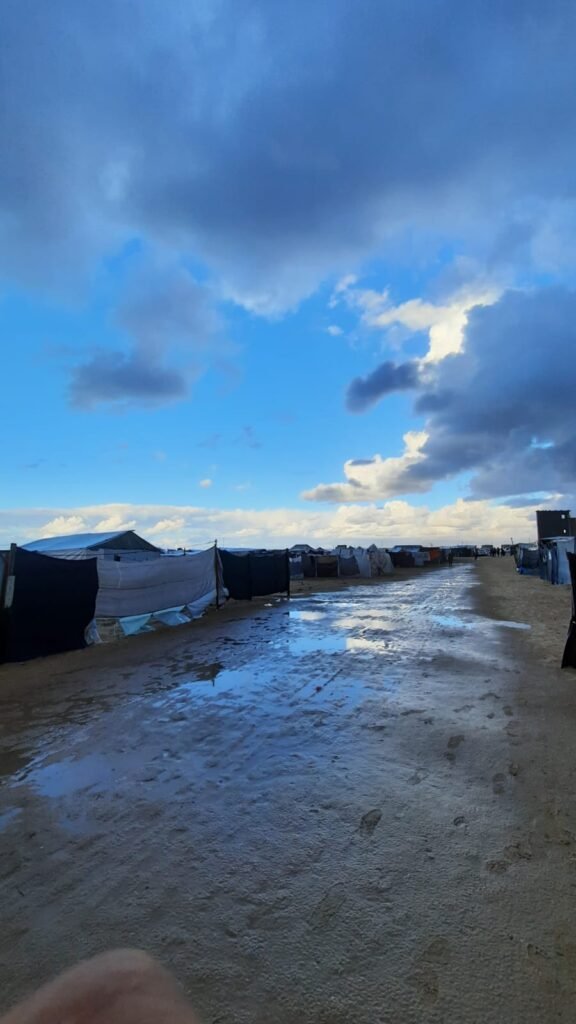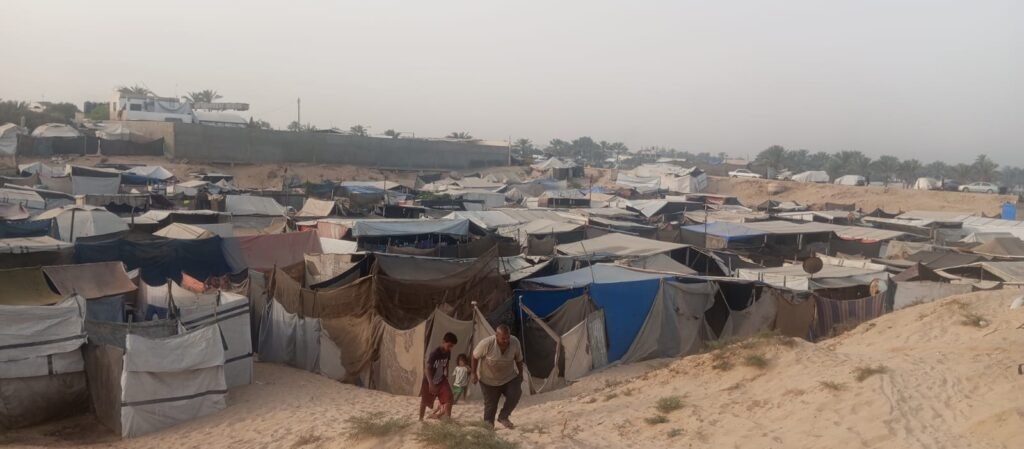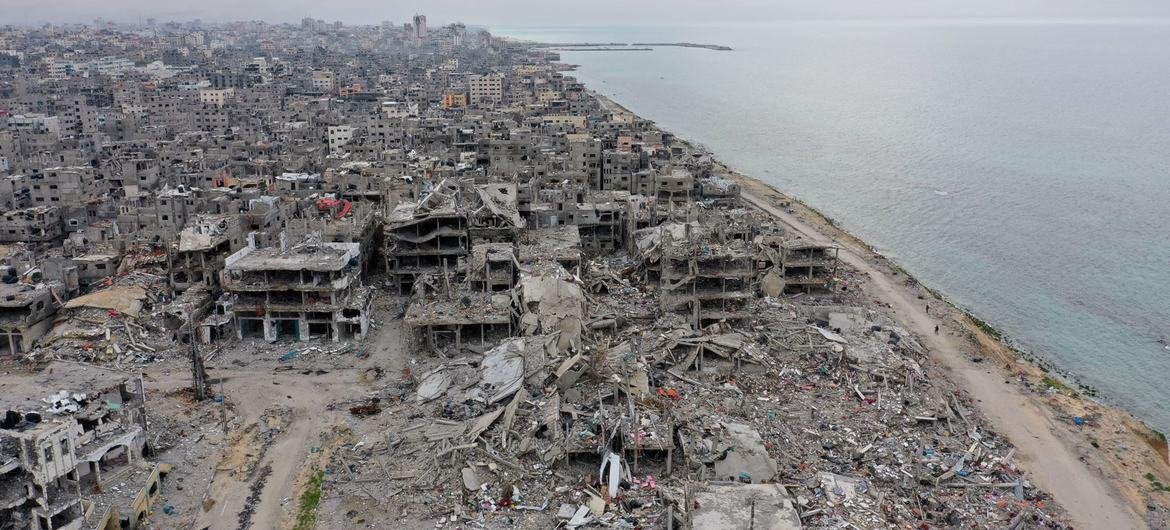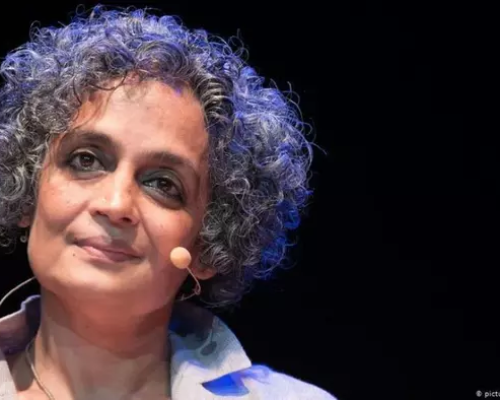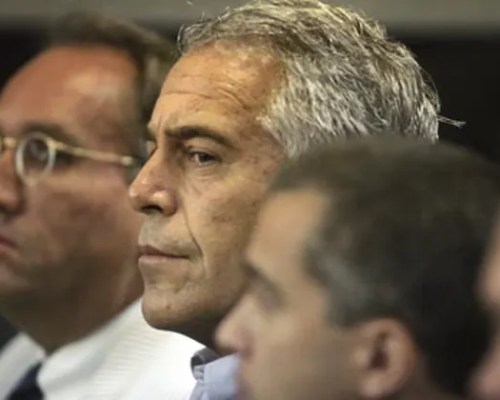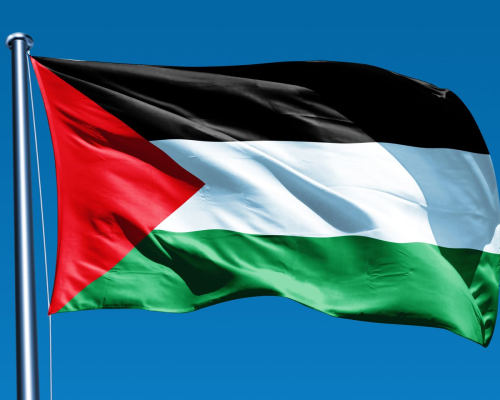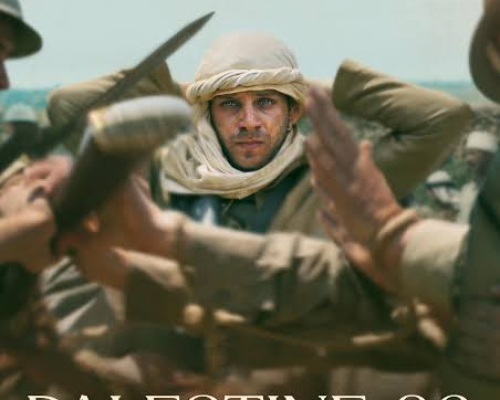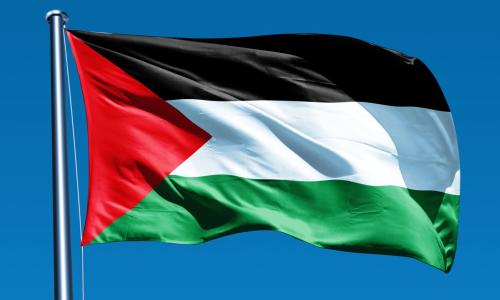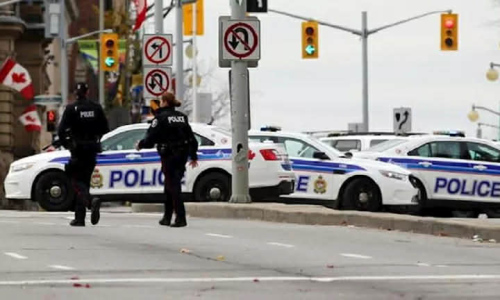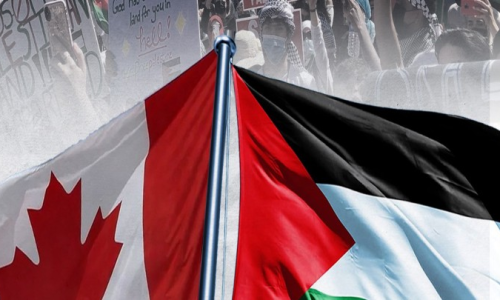By Taghreed Saadeh
In the Gaza Strip, where the buzzing of drones never ceases and the roar of shelling never stops, more than two million Palestinians live under a suffocating siege and a merciless war.
Every day in Gaza brings new testimonies of pain, displacement, hunger, and death, while hope groans under the weight of a grim reality.
In this devastated scene that has lasted for nearly two years, “Zaytoun News” reached out by phone to several residents of Gaza, each telling their own story interwoven with the greater story of the wounded Strip.
Fears and Nightmares
In the “Al-Nakheel 2” camp in Al-Mawasi, Khan Younis, lives Dr. Ahmed Yousef with his family. A former member of Hamas’s Shura Council and adviser to Ismail Haniyeh, he said, After a night heavy with the buzzing of warplanes, the constant thud of bombardment, and the daily toll of hundreds of martyrs and wounded, one can only live with the haunting fear and nightmare of being the next victim. There is no safe ground in the Gaza Strip.”
Dr. Yousef told us he bears three heavy burdens, running the community kitchen that provides meals to camp residents, for which he seeks to secure supplies by reaching out to old friends and appealing for donations; writing to document the suffering of the displaced; and worrying about young people, many of them relatives, who risk their lives searching for food in deadly zones.
Describing camp life, he says, “Privacy is completely absent; the noise never stops, secrets are scattered, shouting and insults mingle with the cries of hungry children. Insults have become a daily habit, just a way to vent anger.”
As for food, Dr. Yousef says breakfast is usually “za’atar mix and olive oil” sandwiches or a can of sardines or tuna with tea. Lunch might be potato, eggplant, or zucchini soup, if available, and at exorbitant prices or fava beans and falafel. “The lack of food makes the body barely move,” he added, “so I rarely leave my tent, not even to the sea a hundred meters away. Even in our dreams, the sound of drones never fades.”
Speaking bitterly of the situation, he says, “There is chaos and theft fueled by the occupation, food prices sometimes ten times higher, medicines and insecticides are gone, worsening skin diseases among children and women. In short, Israel works methodically to crush our will to stay, to tell us: there is no place for you here.”
The Music of Rockets and Shells
Film director Saud Mehnna spends his days between displacement tents and filming locations, working on his drama “The Sole Survivor” amid the destruction, often forced to walk long distances due to the scarcity of transport and constant bombardment.
His day begins with visiting relatives in a nearby camp, then helping his wife prepare breakfast: “a piece of bread with a cup of tea, often without sugar.” He follows news of cinema and ceasefire talks online, collects people’s stories for his films, and heads to shoot scenes.
Lunch, he says, is “a plate of lentils with a bit of bread, if we find it.”
Before sunset, he strolls through the camp with friends, talking to elders, women, and children scattered in the alleys.
“In the evening,” he says, “we return to the tent and sleep to the music of rockets and artillery the occupation fires at every corner of Gaza. We live in a whirlpool of fear and thoughts , always asking if we will be the ones bombed tonight?”
Struggling in Every Aspect of Life
Mohammed Al-Khaldi, a young man in his early twenties, experienced displacement from northern Gaza to the south, ending up in tents without water or electricity, plagued by disease and swarms of mosquitoes.
He speaks of hunger and the insane price hikes, with daily food costs exceeding $150 US to feed the family. “We went 20 days without food,” he says.
On their latest displacement, “We bought a tent, four meters by four meters, housing 16 family members. The bathroom is just a piece of plastic sheeting.”
With cleaning supplies like soap and shampoo gone and water scarce, they bathe once every five days. “We didn’t sleep for three consecutive nights from the intensity of the shelling,” he says. He ends his account with despair: “Gaza is no longer fit for life.”
Solar Panels Replace Electricity for Two Years
Mumtaz Mortaja, in his sixties, shares his painful routine, ” standing for hours in queues for fresh water amid shouting and fights, buying bread at high prices, and eating meager meals that fail to satisfy hunger.”
“We live on lentil soup provided by the community kitchens for lunch,” he says. “For breakfast, I bought eight small loaves of bread, one for each family member, served with za’atar mix and tea without sugar.”
Mortaja describes the za’atar mix: “It’s made from roasted flour, bulgur, and lentils, with coriander, lemon salt, ground sumac, and chili.”
Electricity has been gone for two years, he says, but a few solar panels meet some basic needs like charging phones and small batteries for light.
He ends with a wish: “We hope the war ends and reconstruction begins so we can return to our humanity, free from this daily routine that kills us slowly.”
Between these testimonies, other voices fill the air with despair and bitterness, “The sound of drones enters even our dreams; we sleep and wake to their buzz,” “We’ll go anywhere , the Strip is no longer livable,” “We are exhausted; we can’t bear it anymore,” “Sometimes I wish for death; it’s better than this life,” “To feel like a potential corpse every day that’s more than anyone can endure.”
And so this reality continues, with no real hope for a ceasefire or an end to the suffering anywhere on the horizon.
